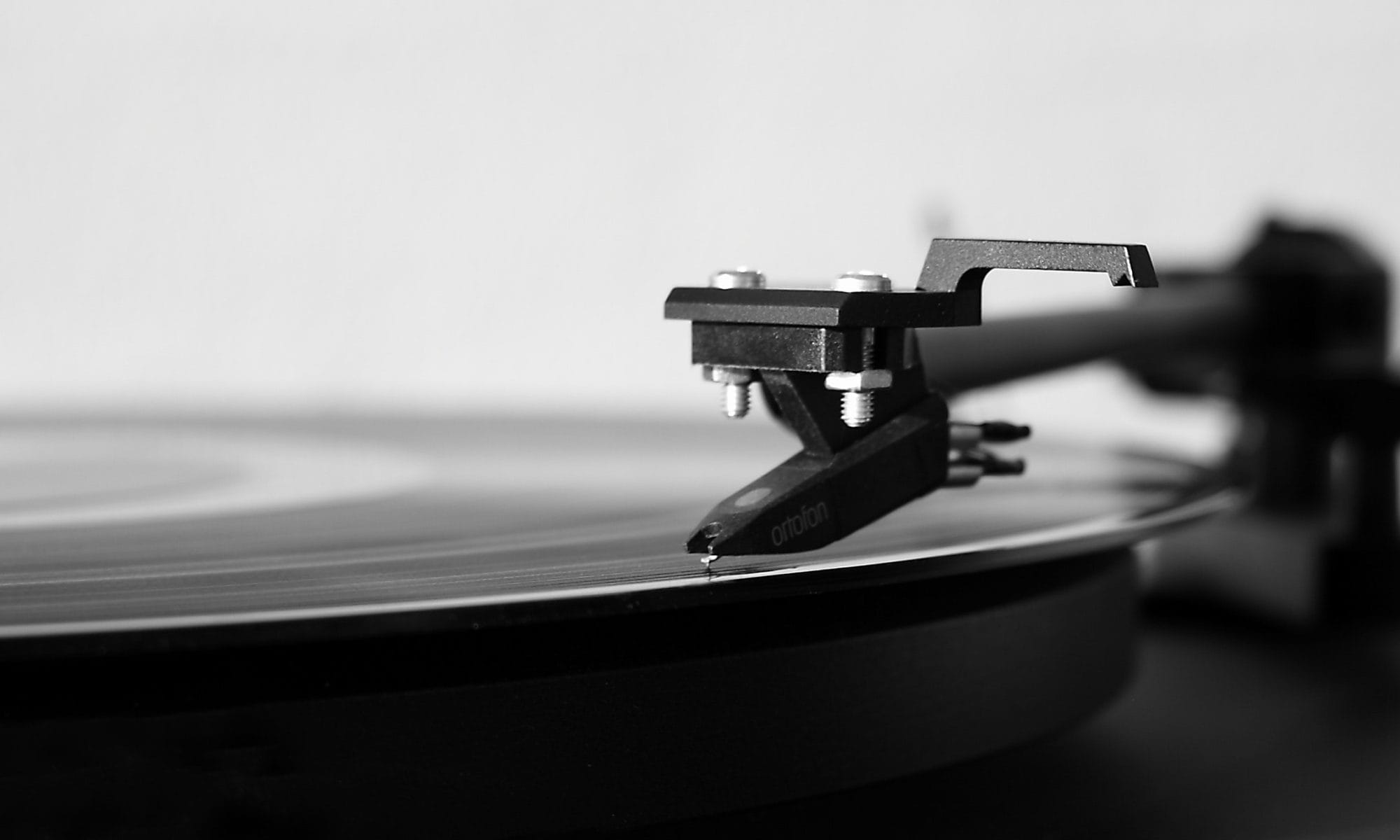
There is a never ending debate on what sounds better, analog or digital. Digital fans love the clean sound of mp3s, lossless audio or even CDs. Analog fans love the warm sound of vinyl.
Let’s set aside that argument for a minute and try to answer the question, “Do vinyl records sound better than Spotify?”. As with anything, it’s a personal preference, but as someone who has grown up listening to all formats of music from records to cassettes to CDs to mp3s and now streaming, I do have some thoughts on the differences in sound. Below are my top three reasons why I think vinyl sounds better than Spotify.
1. Spotify’s audio signal is lossy, with information removed during playback.
What does “lossy” mean, exactly? Mark Harris at Lifewire, explains, “The word lossy is used in digital audio to describe a type of compression used to store sound data. The algorithm used in a lossy audio format compresses sound data in a way that discards some information. This signal loss means that the encoded audio isn’t identical to the original. The lossy audio produces a lower quality sound and has a smaller file size.”
Imagine someone served you a piece of apple pie with ice cream on top. If Spotify were serving you the pie, it might remove the bottom crust and the top layer with the ice cream, leaving you with a lot of baked apples. It’s not the worst piece of pie you’ve ever had, it’s just missing parts that make it taste great.
Audio signal compression isn’t really an issue with vinyl record playback. You are hearing what the artist intended when they recorded, mixed and mastered their album. Vinyl playback is a much better representation of the actual sound the artist recorded in the studio.
Continue reading “3 Reasons Why Vinyl Records Sound Better Than Spotify”
